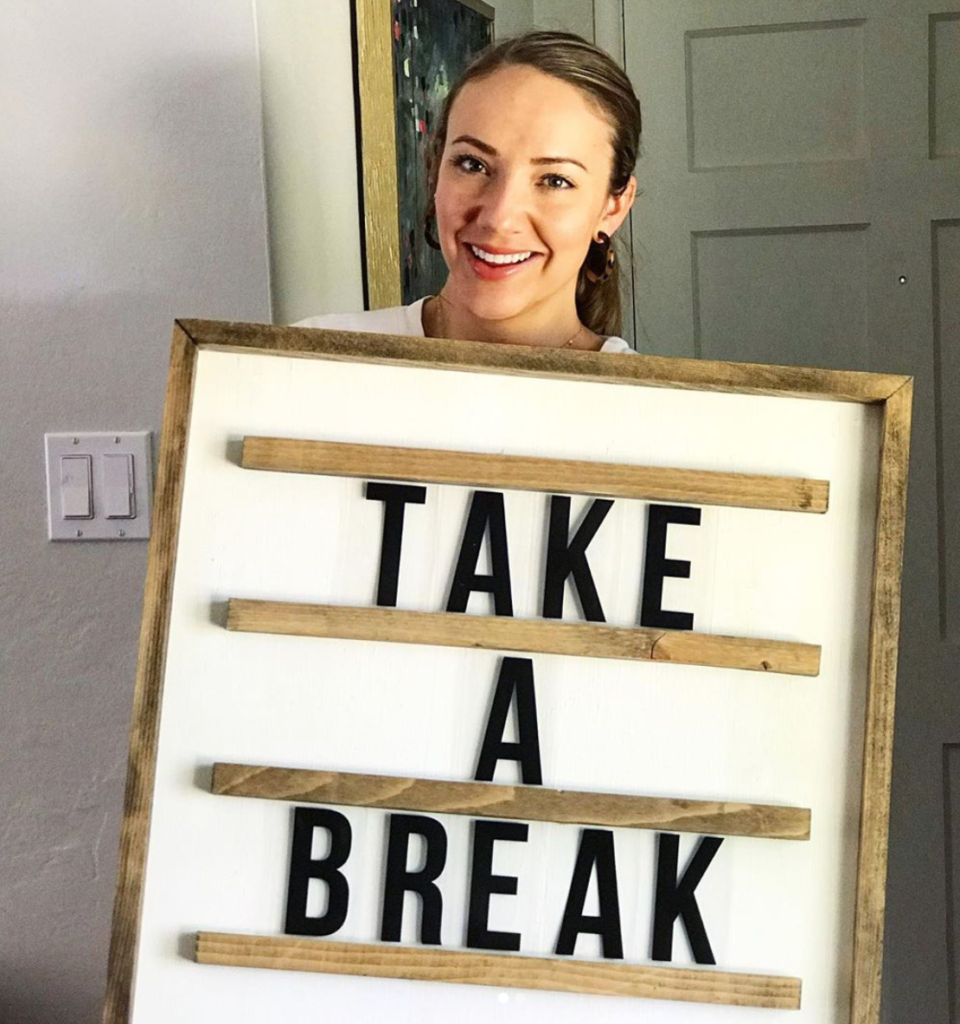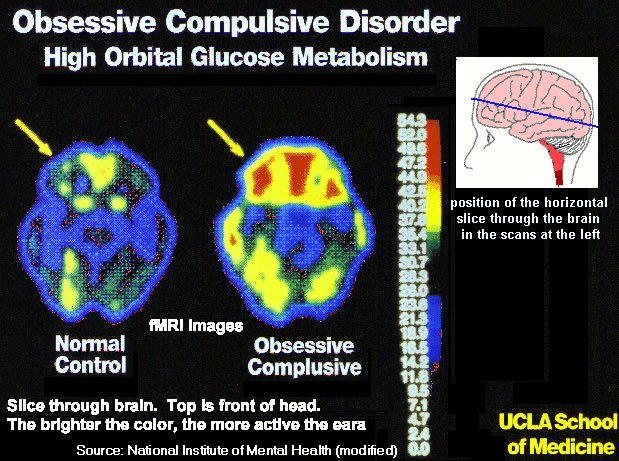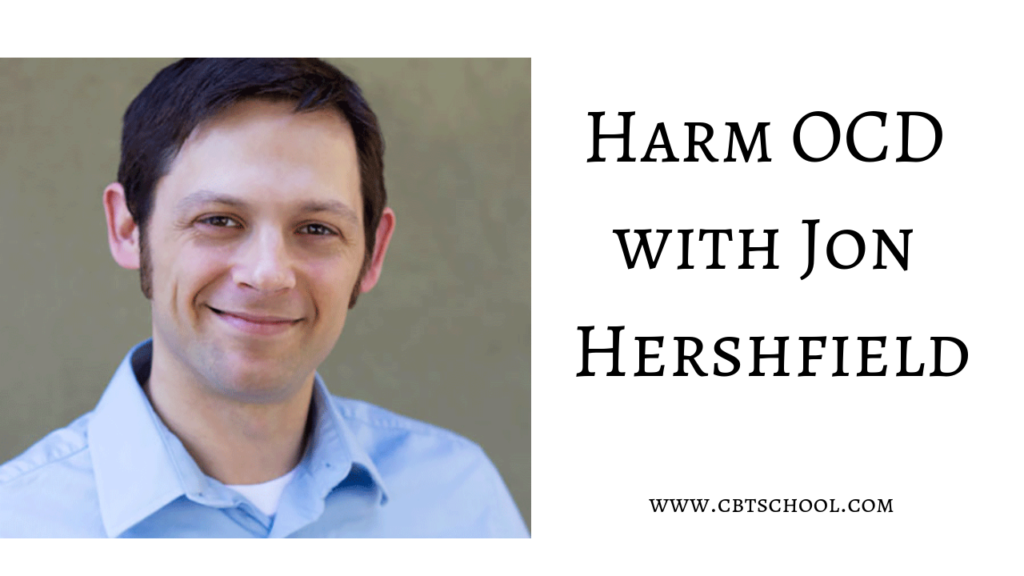Ep. 158: Mindfulness and Meditation with Gelong Thubten

Today on Your Anxiety Toolkit, we are joined by Gelong Thubten, a Buddhist monk, meditation teacher and the author of A Monk’s Guide to Happiness. He is here to discuss how mindfulness and meditation can help us understand the power of our own minds. This episode is not about religion, rather, it is a beautiful message of wisdom and compassion.
In this beginning of this episode, Gelong Thubten spends some time discussing happiness and how this desire to be happy really drives everything we do in life. The search for happiness can get us caught in a loop where we ultimately end up feeling more and more dissatisfied. He points out that the goal is to learn that true happiness is already inside each one of us. He goes even further to say that we can actually learn to be happy. It is a skill that we can practice. He explains that meditation can help us learn to be kinder to ourselves by teaching us how to transform our relationship with our thoughts. We become an observer of our thoughts during meditation. This non-judgment of thoughts and letting our thoughts simply be, actually allows us to have compassion for the moment and compassion for ourselves.
Gelong Thubten gives some suggestions on how to begin a practice of mindfulness and mediation if you are a beginner. He stresses that there is no perfect way to meditate and it truly is a practice that you must work on. You don’t have to do it perfectly for it to be effective. He suggests getting some instruction on how to meditate whether that is a book or online resource or even an app on your phone. He also suggests starting in very short increments, such as, five minute sessions. You begin your meditation by focusing on your body and finding your breath. When your mind wanders, do not engage in self-criticism, simply come back to your breath.
We learn in this episode that meditation is a time of total freedom. You simply are in the moment, without judgment. By practicing these moments of nonjudgmental acceptance throughout the day, you are learning compassion which eventually will become your natural state. Gelong Thubten explains that our bodies are not designed for anger and rage. When we are happy, generous, kind, and connecting with others, we feel good inside, we feel happy which suggests that is our natural state. In other words, who we are deep down before we get caught up in negative and toxic outside influences. Meditation, he explains, is about bringing us back to that natural state.
A Monk’s Guide to Happiness: Meditation in the 21st Century
Instagram @Gelongthubten






